Table of Contents
There are times when we look in the mirror and don’t quite see the beauty that others see in us. If you’re wondering, “Why do I feel so ugly?” you’re not alone. Many of us struggle with this feeling of being unattractive, but there are reasons behind these thoughts and ways to cope.
In this article, we will explore why we feel this way and provide ten effective strategies for dealing with it so that you can lead a more confident and fulfilling life.
“Why do I feel like I look ugly?” Understanding the why
Feeling unattractive is a common struggle for many people (1). You might have found yourself lamenting, “I feel so ugly compared to everyone else,” or wondering, “Why am I not pretty like everyone else?”
These are painful questions, but they do not reflect your actual worth or beauty. They indicate an inner dialogue that you can redirect to something more positive and affirming.
“I feel so ugly compared to everyone else”- The comparison trap
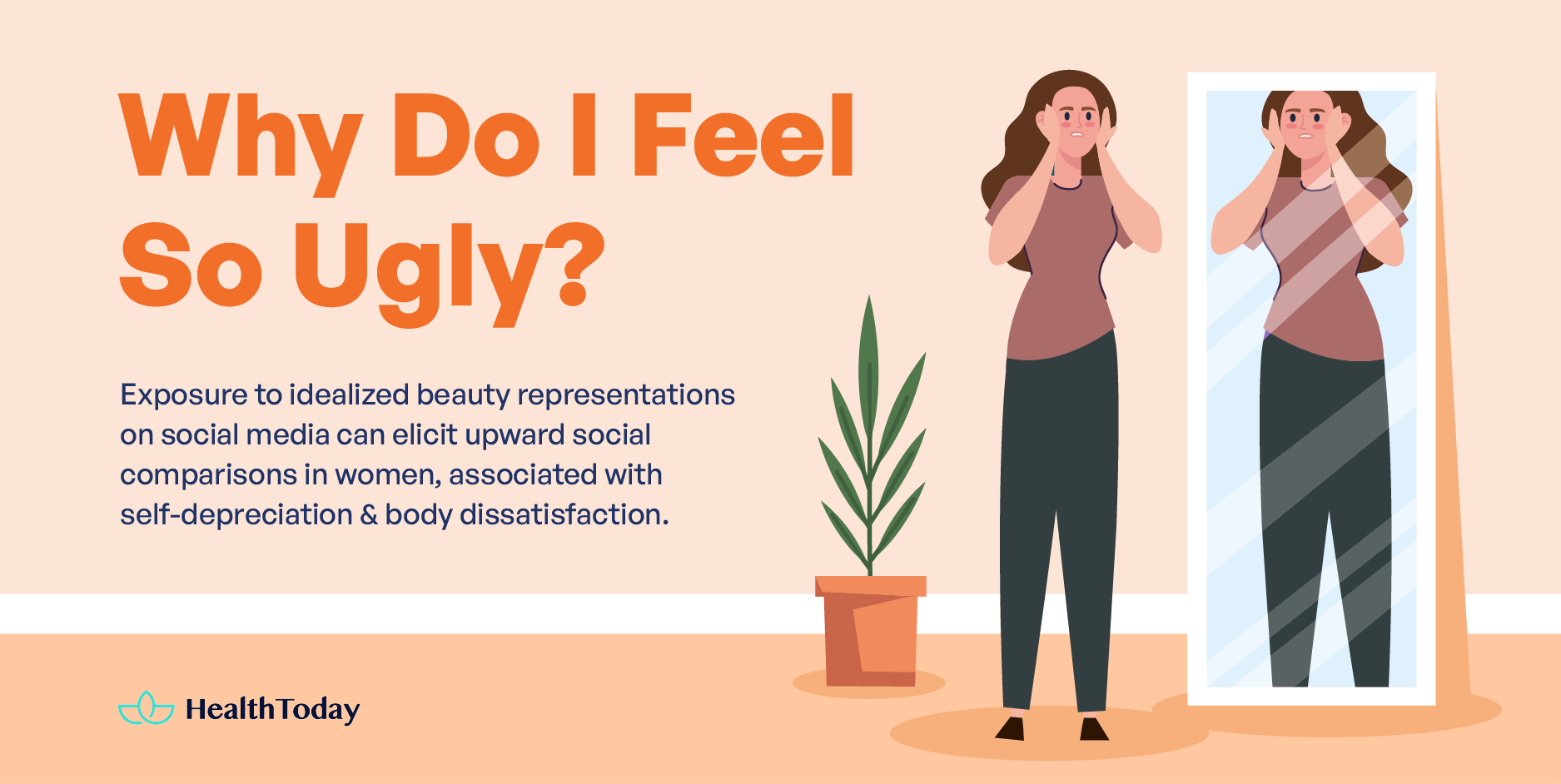
One of the major culprits behind feeling unattractive is our tendency to compare ourselves to others.
Consider Lisa, a vibrant woman in her late twenties. Lisa spends most of her day scrolling through social media feeds, where she’s continually met with photos of women showcasing flawless skin and perfectly styled hair.
The gap between reality and these idealized images may make her think that she’s not pretty like everyone else. The more she consumes these images, the louder the nagging voice in her head gets, repeating: “I feel so ugly compared to everyone else!”
A recent study found that the nature of comments and comparisons significantly swayed women’s body satisfaction (2).
Another study found that exposure to idealized beauty representations on social media can elicit upward social comparisons in women, associated with self-depreciation and body dissatisfaction (3).
“Why am I not pretty like everyone else?”- Unattainable beauty standards
The question reflects societal pressures and unrealistic beauty standards imposed on women. Beauty ideals promoted in the media are often unattainable and not representative of women, leaving many to feel they need to catch up.
Perhaps you have a friend like Jane. Jane loves fashion and beauty and enjoys flipping through her favorite magazines for the latest trends.
However, as she browses the pages, she can’t help but notice that the models hardly represent her. They have clear, glowing skin, perfectly toned bodies, and hair that falls perfectly into place.
They represent a singular and narrow form of beauty that seems unattainable to Jane, leading her to question, “Why am I not pretty like them?”
Furthermore, the impact of these unrealistic beauty standards can be detrimental, leading to self-esteem issues, unhealthy body image, and even mental health problems.
A study found that exposure to thin-ideal media can exacerbate body dissatisfaction and encourage unhealthy eating behaviors among women (4).
Another report from the Royal Society for Public Health in the UK stated that Instagram, an image-centric platform, contributes to higher levels of anxiety, depression, loneliness, and body image issues among young women (5).
“Why do I look good some days and bad others?”- Mood and circumstances
At times, you may find yourself in front of the mirror, pleasantly surprised, thinking, “I look pretty good today!” On other days, you might feel quite the opposite, wondering, “Why do I look so bad today?”
This fluctuation is perfectly normal, and numerous factors, including emotional state, stress levels, and physical health, can alter how we perceive ourselves.
One research study composed of participants with physical health conditions found that stress contributed to viewing themselves more negatively and had complex social interactions and higher anger levels than healthy control participants (6). Physically, hormonal changes throughout the menstrual cycle can also influence women’s self-perception. A study found that women’s self-perception of their attractiveness fluctuated throughout their menstrual cycle, peaking at ovulation, when fertility was highest (7).
Many people often feel unattractive, a feeling made worse by comparing themselves to others on social media. These comparisons to idealized and often unrealistic beauty can become internalized, making us feel bad about ourselves. Societal beauty standards, which can be narrow and largely unrepresentative of women, can also harm self-esteem and mental health. Our self-image can change daily; it is affected by our mood, stress, and physical health. It’s important to remember these unattainable beauty standards can affect all of us and don’t define our inherent worth or beauty.

“I feel flawed, and it’s pervasive ” – Body dysmorphic disorder (BDD)
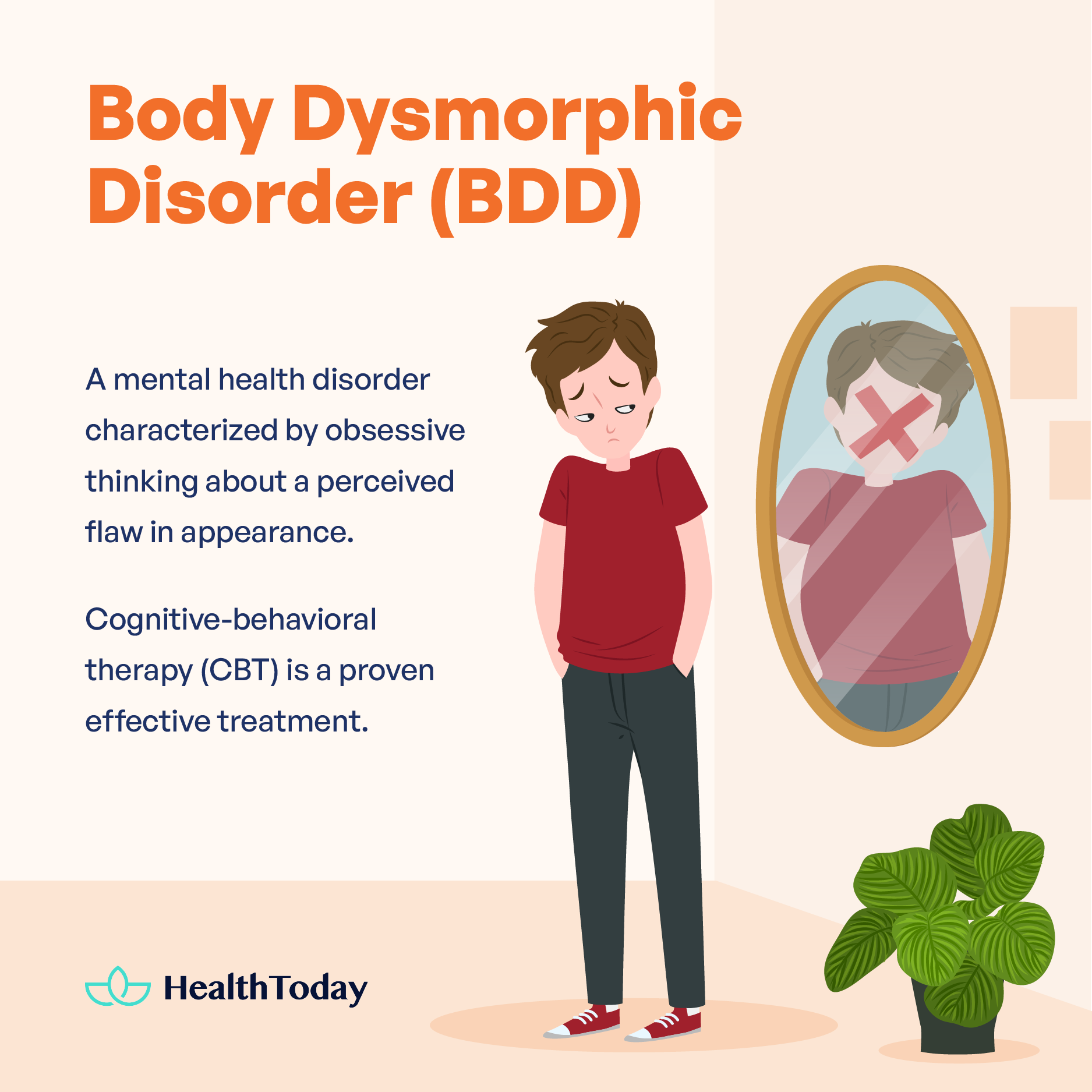

In those quiet moments of self-reflection, you might often wonder, “Why is my body or face so flawed?” and experience intense feelings of perceived physical defects.
Although it is natural to feel insecure about your image from time to time, these feelings could signify something more profound than just fleeting self-doubt.
This might be Body Dysmorphic Disorder (BDD), a mental health disorder characterized by obsessive thinking about a perceived flaw in appearance. It’s a significant concern that affects approximately 0.7 to 2.4 percent of the general population, according to the Anxiety and Depression Association of America (8).
People with BDD may spend countless hours analyzing their reflections, engage in repetitive behaviors like skin-picking, or seek multiple cosmetic procedures to “correct” their perceived flaws. However, these actions seldom provide relief and can make them believe even more that they’re not attractive. This is because these behaviors further reinforce brain circuitry that drives Body Dysmorphic Disorder.
You might be asking, “Why does this happen?” Research suggests that BDD is likely caused by a combination of neurobiological and environmental factors (9).
For example, a study has linked BDD with abnormalities in the visual processing networks of the brain, indicating a neurobiological basis (10). An individual with BDD often has profound misperceptions in their appearance. However, these perceived “flaws” are not observable or appear only slightly to others.
Concerns may range from a focus on one or more body areas. The preoccupation with these perceived defects is very real and intrusive to the individual with BDD, causing significant distress.
Excessive repetitive behaviors (such as comparing, checking, and grooming) are performed in response to the preoccupation. Moreover, societal pressure to adhere to specific beauty standards can exacerbate these feelings of unattractiveness, particularly in women. The constant exposure to media ideals of beauty can distort self-perception, making some women believe they are “ugly,” even when this is far from reality (11, 12).
Body Dysmorphic Disorder is also prevalent in men. For instance, muscle dysmorphia, a type of BDD, occurs almost exclusively in males and consists of preoccupation with their body in terms of their muscular composition (13). This highlights the pressure men face, in addition to women, regarding unrealistic body ideals.
BDD is a severe condition, not a mere lack of confidence. If you constantly battle thoughts about your appearance and feel distressed about perceived flaws affecting your daily functioning, it’s important to seek professional help.
For example, cognitive-behavioral therapy (CBT) is a proven effective treatment for BDD. CBT can help you recognize harmful thought patterns, develop coping mechanisms, and build a healthier self-perception (14, 15).




How to cope with thoughts of feeling ugly? 10 ways to cope
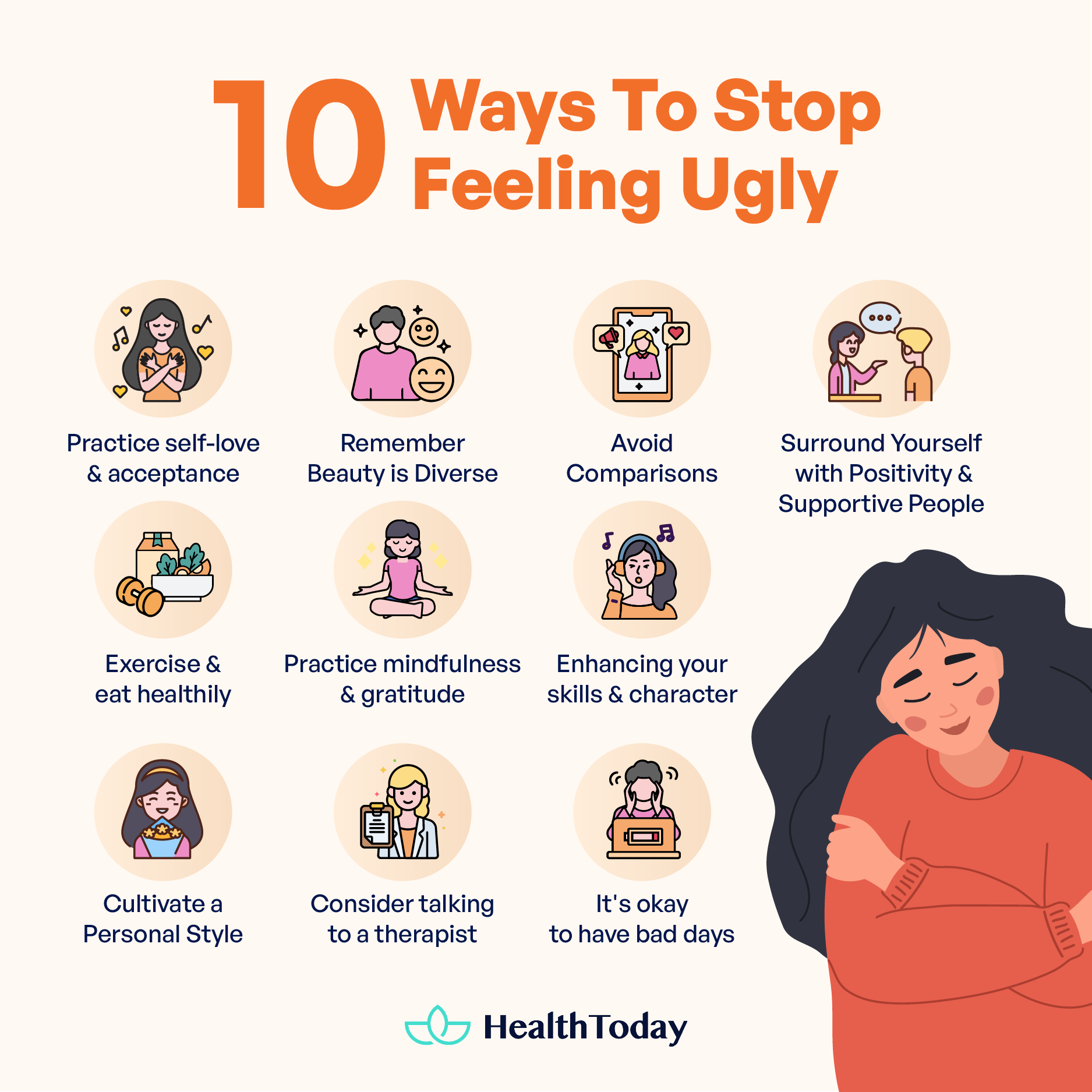

Struggling with self-perception is something almost everyone goes through. If you don’t know what to do when you feel ugly, here are ten practical ways to cope with these feelings.
Practice self-love and acceptance
This might sound like a cliché, but it can be a game changer. Loving yourself involves acknowledging your strengths and accepting your flaws.
Begin by identifying and focusing on your unique strengths, humor, or empathy.
Nurture your body with self-care practices such as exercise or skincare, which boosts mental health.
Lastly, repeating affirmations, like “I am beautiful just the way I am,” can counteract negative thoughts. Remembering “Function over form” may also be helpful to highlight the importance of what your body can do for you rather than how it looks.
Remember, beauty is diverse
Beauty is not a one-size-fits-all concept. It’s a tapestry of different shapes, sizes, colors, and features, varying wildly across different cultures, societies, and individuals.
Embracing the idea that beauty is subjective and diverse can help shift your self-perception toward positivity.
Studies show that exposure to varied representations of beauty, such as different body types and physical abilities, can significantly improve body satisfaction and psychological health (16).
Celebrate the diversity of beauty and remember that you are beautiful in your own unique way.
Avoid comparisons
In a hyper-connected world, social media often leads us to compare ourselves with unrealistic images of ‘perfection,’ leading to negative self-perception (3, 17).
However, what we see online usually represents the best moments of people’s lives, not their everyday reality.
You can limit your social media consumption to avoid the harm of toxic comparisons. Reducing screen time can benefit your well-being and self-perception. Some apps can track and limit your usage, helping you achieve a more balanced digital diet.
If comparison on social media becomes overwhelming, take a break. Even a short one-day digital detox can provide a reset, helping you to reconnect with your self-worth away from the influence of online comparisons.
Life isn’t a race or competition. You are much more than your online presence; your self-worth is not defined by comparison.
Surround yourself with positivity and supportive people
The people we surround ourselves with can significantly impact our self-esteem and overall mental well-being. Therefore, fostering relationships with those who inspire positivity, celebrate your individuality, and lift you is incredibly important.
You can actively seek out positivity. Surround yourself with people who encourage you, appreciate your uniqueness, and build an environment of mutual respect and support. That could mean anyone, from friends, family members, mentors, or role models.
Joining communities that align with your interests and values is another good choice. These provide a safe space to express yourself, grow, and connect with like-minded individuals.
Whether it’s a fitness class or a book club, being part of a community can enhance your sense of belonging and positivity.
Exercise, sleep, and eat healthily
Maintaining a healthy lifestyle is about more than just looking good. More importantly, it is about feeling good—body and mind.
Regular exercise, quality sleep, and nutritious food are crucial components of a healthy lifestyle, not just because they can help shape your body but because they dramatically improve how your body functions and how you feel in your skin.
But where to start? Find an exercise routine that you enjoy. It could be anything from yoga, dancing, running, or weightlifting. Listen to your body and gradually increase your workouts as you become more comfortable.
Adequate sleep and nutrition are equally important. Aiming to get 7 to 9 hours of sleep a night is crucial for repairing the body and mind. Incorporate a variety of fruits, vegetables, lean proteins, anti-inflammatory fats, legumes, nuts, and seeds into your diet. Avoid or limit processed foods that are high in sugars and unhealthy fats. Finally, ensure you’re sufficiently hydrating throughout the day.
Practice mindfulness and gratitude
Your body is an incredible machine capable of amazing things. From simple things like breathing or walking to complex tasks, it works tirelessly for you.
Practicing mindfulness and gratitude for your body can cultivate a healthier relationship with it (18, 19).
Start by setting aside a few minutes daily to focus on your body. Tune into your senses. Feel the air entering and then leaving the lungs. Appreciate your body’s functions, strength, and resilience.
You can also start a body gratitude journal and note at least three things you’re thankful for about your body daily. It could be anything from appreciating your hands, which allow you to embrace your loved ones, to your legs, which carry you wherever you need to go.
Enhancing your skills and character
Beauty extends beyond physical appearances, and cultivating your skills and character traits can significantly improve your self-confidence, self-esteem, and overall life satisfaction.
You can start by identifying what you’re good at and what genuinely interests you. It could be anything from painting, cooking, coding, singing, or being a good listener.
Then, set a personal goal. For example, a goal could be to complete a painting every month. This helps you kick off a journey of lifelong learning.
As for developing your character, practicing empathy and communicating skills will make your inner beauty shine like a diamond.
Cultivate a personal style
Dressing in ways that you like can make you feel comfortable and confident (20, 21).
It’s less about following current fashion trends and more about expressing who you are and feeling comfortable in your skin.
Your process toward your style might include the following:
- Understand your body type: Plenty of online resources and style guides can guide you based on your body type—be it pear-shaped, apple-shaped, hourglass, or rectangle.
- Discover your style preference: Do you gravitate towards minimalistic and neutral shades or love vibrant colors and patterns?
- Cleanse your wardrobe: A closet declutter is a great way to start fresh. Keep pieces that make you feel good, and let go of items that no longer serve your style or comfort.
- Experiment and evolve: Fashion should be fun. Try out new looks, and don’t hesitate to step out of your comfort zone. Remember, your style can evolve as you do.
Consider talking to a therapist
If feelings of unattractiveness persist and affect your daily life, consider seeking professional help.
Talking to a mental health expert can significantly help you navigate these feelings. According to a 2013 study, cognitive-behavioral therapy (CBT) can effectively address negative self-perceptions and promote a healthier self-image (14).
Seeking help is a sign of strength, not weakness. By taking this step, you’re prioritizing your mental well-being and moving towards a healthier relationship with yourself.
It’s okay to have bad days
Even the most confident people have days when they feel unattractive. Accept that it’s part of being human. Don’t beat yourself up over these feelings.
Instead, acknowledge them, and remember, it’s just a bad day, not a bad life.




Why do I look good on some days and bad on others?
Our mood influences the image we see in the mirror. We’re more likely to view ourselves positively when we are happy or relaxed. On the other hand, on days filled with stress or fatigue, our self-perception might dip. Environmental factors like lighting and clothes can also influence how you perceive your appearance.
What makes someone beautiful?
The concept of beauty varies vastly across cultures and individuals. It’s crucial to remember that physical attractiveness is just one dimension of a person. Traits like kindness, empathy, intelligence, and humor can greatly enhance perceived beauty.
Everyone has unique features that make them attractive in their own way.
Why do I feel as though I am getting uglier?
Feeling that you’re “getting uglier” might be tied to natural aging, lifestyle habits, or changes in physical health. However, it can also be a perception issue fueled by societal pressure or low self-esteem. Focusing on self-love, acceptance, and maintaining a healthy lifestyle can help counter these negative self-perceptions.
Why do I see myself as ugly?
Negative self-perception can be due to various factors, including societal standards, past negative experiences, low self-esteem, or even mental health conditions like Body Dysmorphic Disorder. If you frequently feel this way and it’s causing you distress, speaking with a mental health professional may be helpful.
Why am I so insecure about my body?
Body insecurities often result from societal expectations and comparisons with others. The portrayal of beauty in the media can also contribute to these feelings. Working on self-acceptance, avoiding negative body talk, and focusing on your unique strengths can help you manage these insecurities.
How do you accept your face?
Accepting your face begins with reframing your thoughts and focusing on the unique features that make you ‘you.’ Practice mindfulness, maintain a healthy skincare routine, and reduce exposure to media that promotes unrealistic beauty standards. It’s a journey, but you can achieve self-love with consistent effort.
Summary
Feeling unattractive is a common experience shared by many. However, beauty is diverse and subjective. Embracing your unique beauty and trying to establish your skills and character can boost your confidence. If you’re constantly battling negative thoughts about your appearance, seeking professional help might be beneficial. Everyone has a unique worth, and you should recognize and celebrate yours.







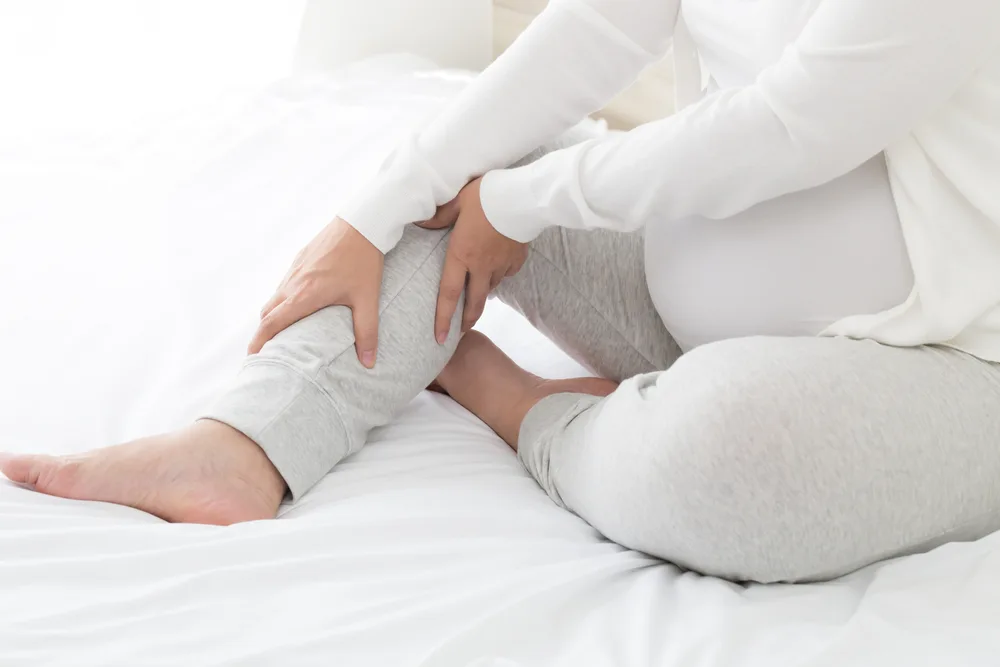


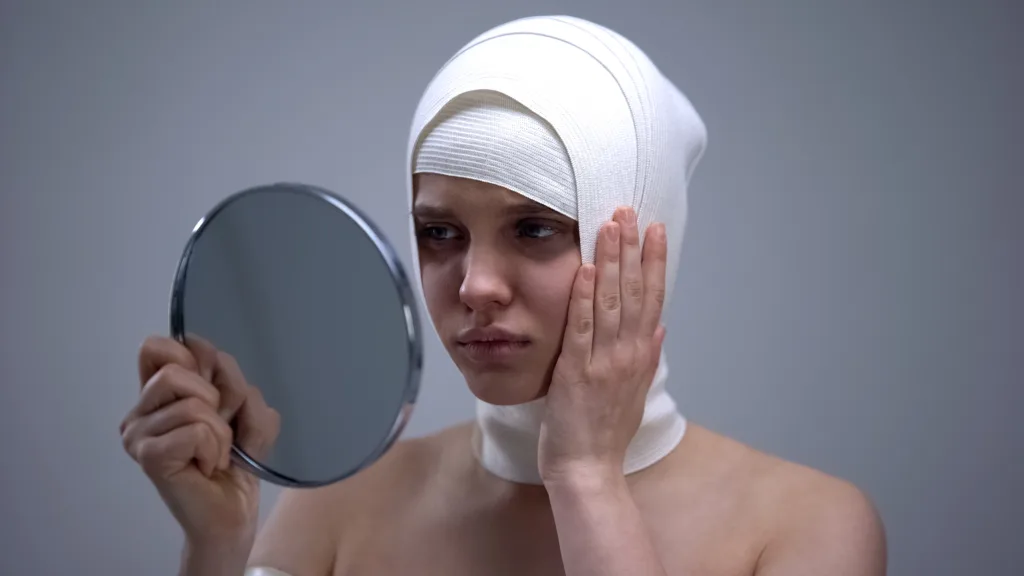
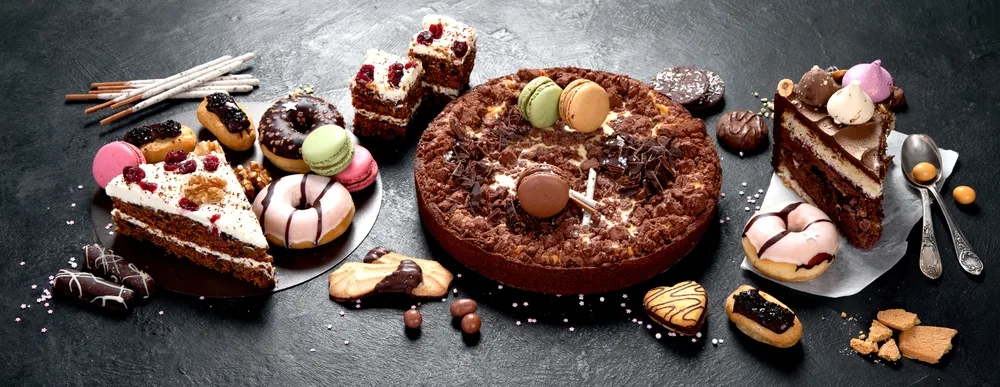




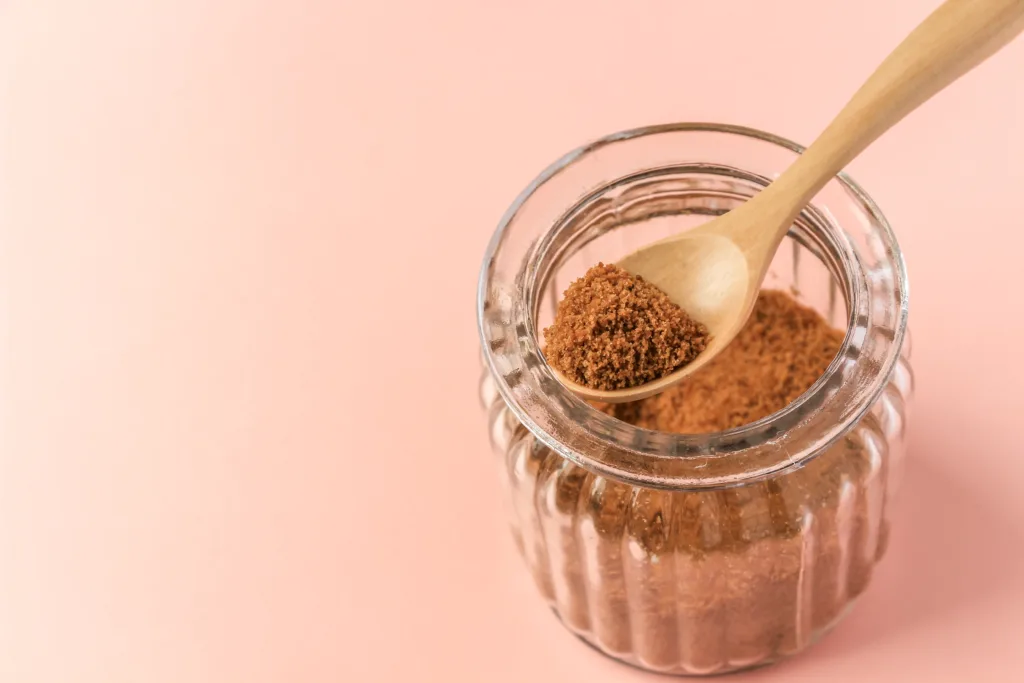
Comments
0